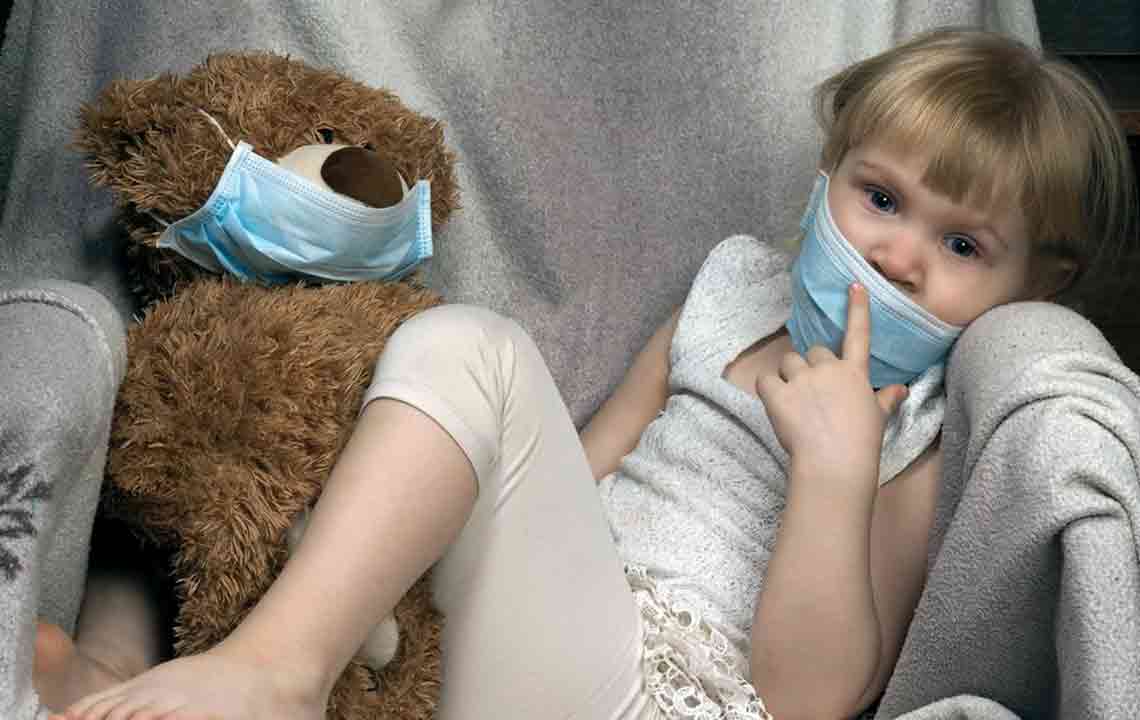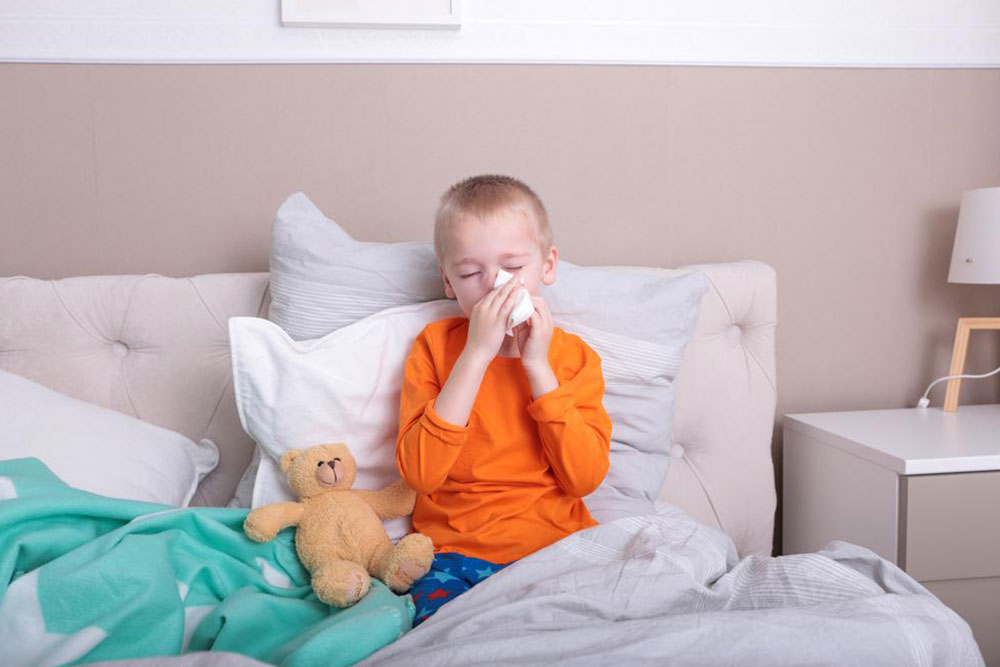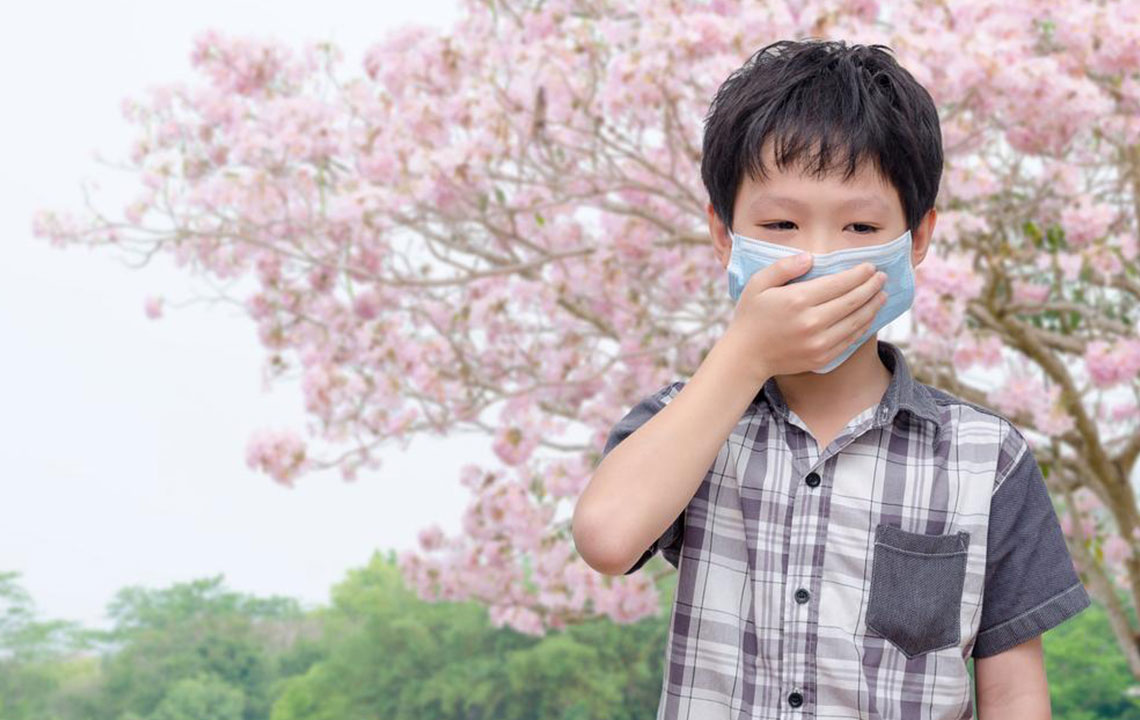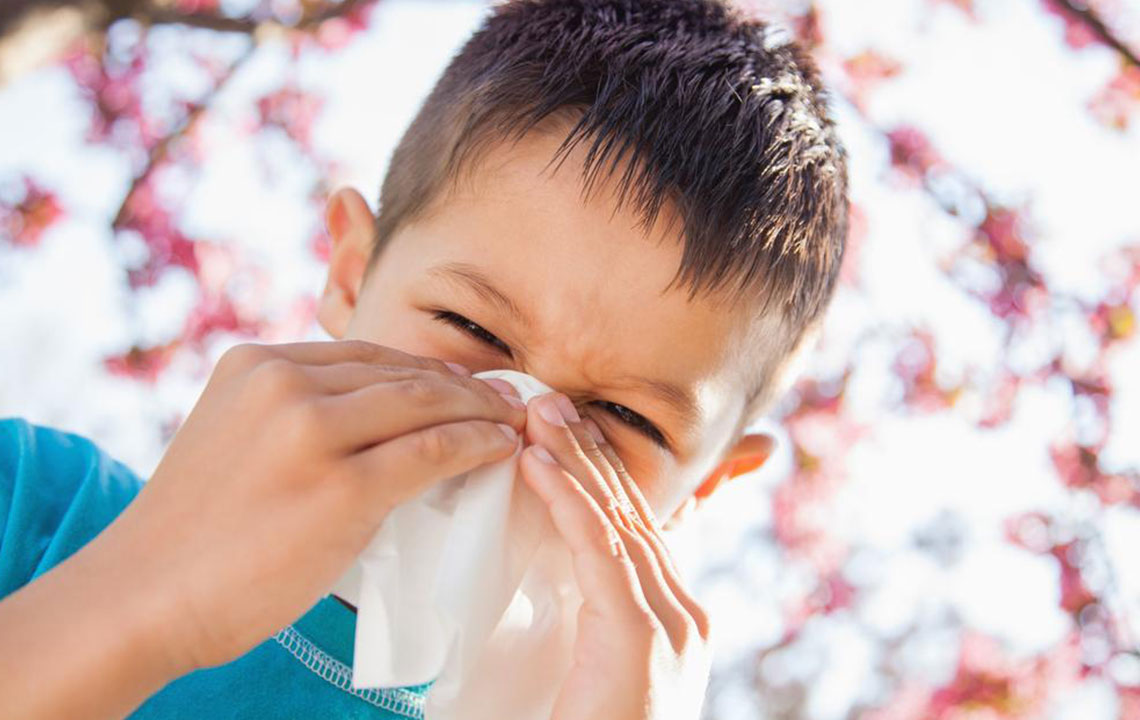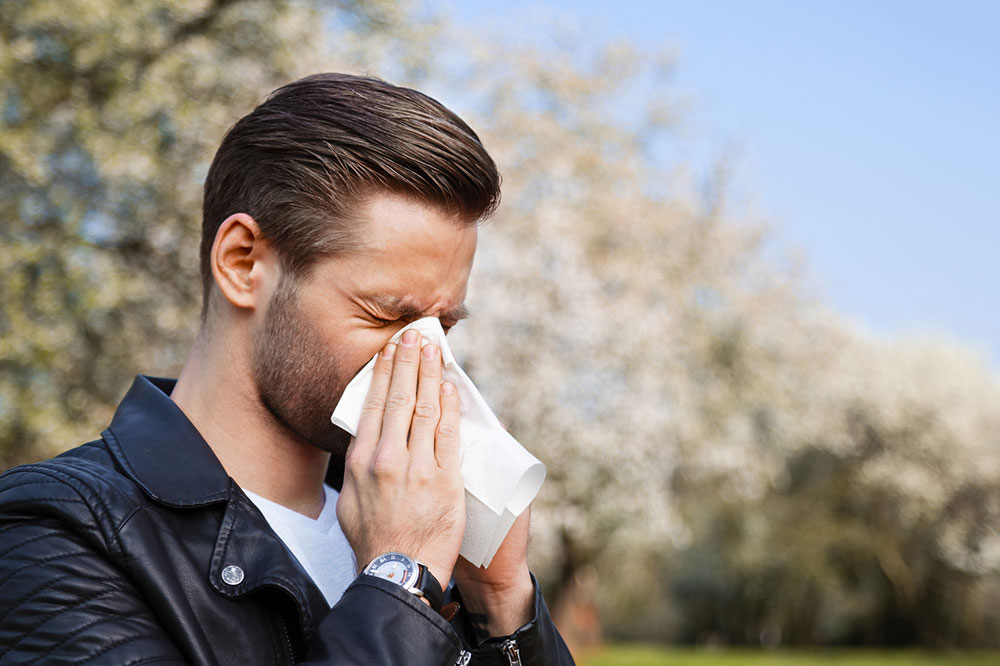Essential Guide to Recognizing and Managing Childhood Allergy Symptoms
This comprehensive guide highlights key childhood allergy symptoms, including respiratory issues, skin reactions, and digestive problems. It emphasizes early recognition and timely treatment to prevent severe allergic reactions. Parents and caregivers are encouraged to stay vigilant, understand symptoms, and seek prompt medical attention. Proper awareness can significantly improve children’s health outcomes and quality of life, ensuring timely intervention and effective management of allergies.
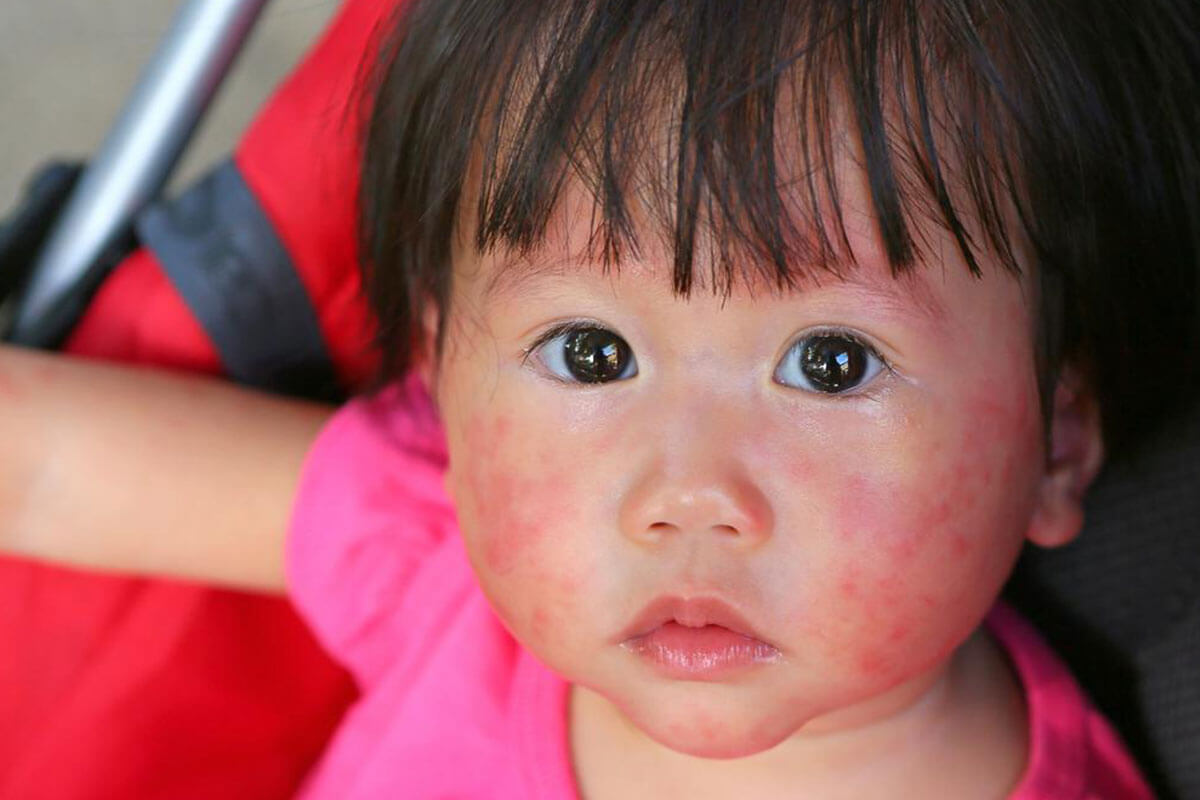
Important Insights into Childhood Allergy Signs and Care
Allergic reactions are a widespread issue among children of all ages, impacting their immune defenses and increasing vulnerability to other illnesses. It is crucial for parents to monitor for various allergy symptoms to ensure prompt intervention and better health outcomes.
Allergies occur when the immune system overreacts to normally harmless substances, perceiving them as threats. This results in antibody production aimed at fighting these perceived invaders, leading to allergic reactions.
In children, airborne allergens are the most common cause, often resulting in allergic rhinitis, which affects about 10% of kids in the U.S. Symptoms can range from mild discomfort to serious health risks. Recognizing early signs allows for timely treatment to prevent worsening. Common allergy indicators include:
Breathing Challenges
Respiratory issues such as persistent coughing, wheezing, chest tightness, and shortness of breath are frequent allergy symptoms, often linked to allergic asthma.
Nasal Blockage
Postnasal drip caused by allergens can cause nasal congestion, leading to mucus dripping down the throat and discomfort. Without treatment, this can escalate.
Skin Reactions
Skin irritation is a primary sign of allergies, causing dryness, redness, itching, and sometimes swelling in conditions like dermatitis or eczema and angioedema.
Coughing
Nighttime coughing can be mistaken for common cold but may signal allergy, warranting medical attention if persistent.
Digestive Problems
Allergic reactions sometimes cause stomach pain, diarrhea, vomiting, or even bleeding, leading to overall weakness if untreated.
Eye Irritation
Red, itchy, watery eyes and swollen eyelids are typical allergy symptoms triggered by airborne allergens or irritants like cosmetics.
Symptoms vary among children; some experience isolated issues, while others develop multiple symptoms that can intensify over time. Severe reactions like anaphylaxis require immediate medical care. Early recognition by caregivers is vital, as children may not articulate their discomfort. Prompt management helps control symptoms and prevents complications.
Understanding allergy signs empowers parents to act swiftly and provide necessary care for their child's health and safety.
Note:
Our blog offers diverse, practical content for educational purposes. While we strive for accuracy, this information shouldn't replace professional medical advice. We are not responsible for discrepancies or updates from other sources. Always consult healthcare professionals for diagnosis and treatment options.

